Swiss study sees no link between cancer drug prices and patient benefits
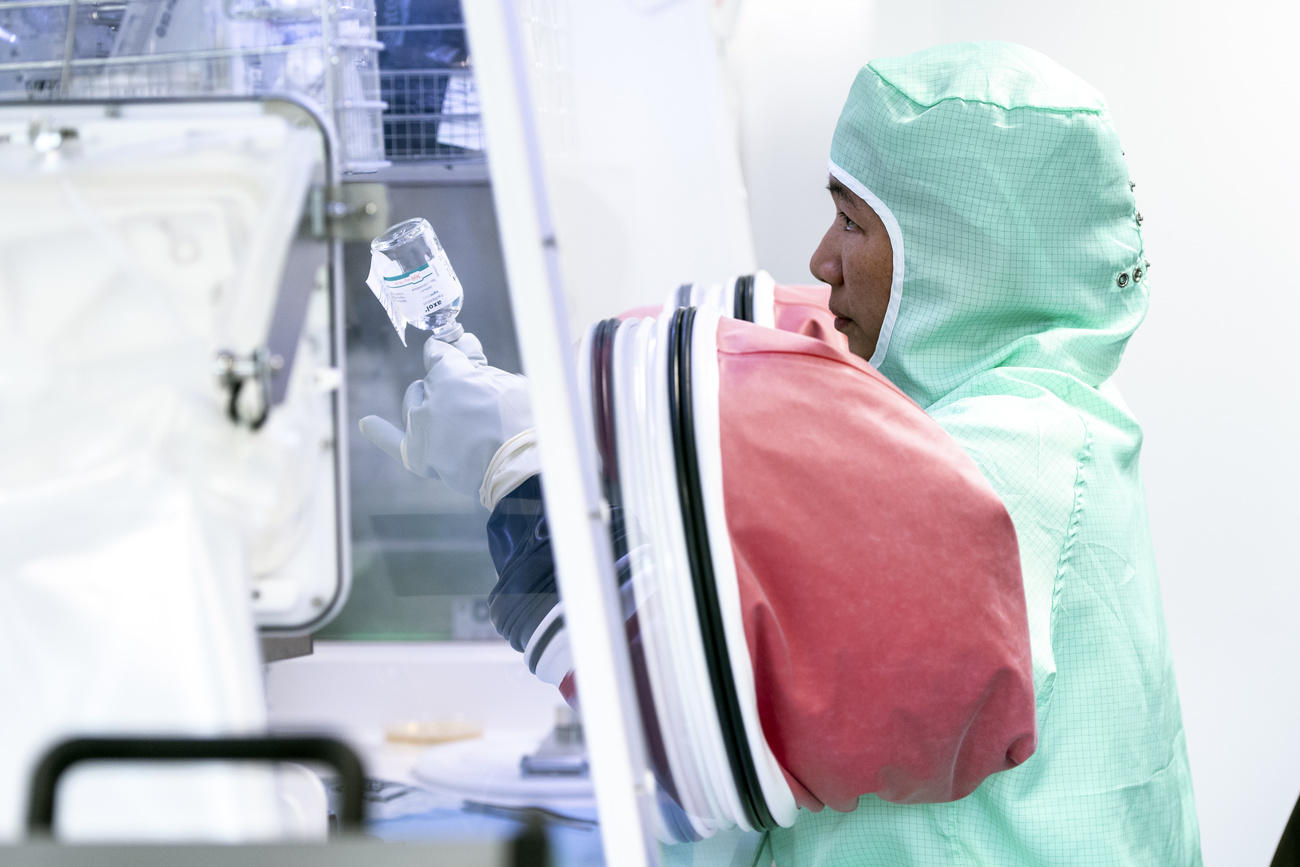
New research from the University of Zurich renews calls for more transparency in the way drug prices are determined as more high-priced cancer drugs come on the market.
Prices for cancer drugs have risen steeply in the last few years, straining healthcare systems and triggering debate about how prices are set. According to a report by Swiss public television RTS, the price for reimbursement for cancer-fighting drugs in Switzerland has increased by 54% in the last five years.
In the studyExternal link published in the Lancet, researchers at the University of Zurich and Harvard Medical School have concluded that price has little to do with the effectiveness of a drug.
“Our study clearly shows that, in general, for Switzerland, Germany, England and the United States, there is no association between clinical benefit of cancer drugs and their prices,” says lead author, Kerstin Vokinger from the University of Zurich.
The research looked at 65 drugs in the four countries and found no significant difference in monthly treatment costs between drugs with high clinical benefit compared with low benefit. The study relied on well-established systems in the US and Europe for evaluating clinical benefit.
For example, in the treatment of prostate cancer, the drug cabazitaxel had lower clinical benefit scores than the drug abiraterone but had similar monthly costs in the US and Germany. In England and Switzerland, the less beneficial drug was even more expensive than the more effective drug arbiraterone.
“The pricing of cancer drugs is only partially justified. Drugs that are less effective should be cheaper than those with high efficacy,” Vokinger says.
Twice the price
The research also found that Americans pay twice as much for the same drug as a result of the free, unregulated market in the US. The median monthly treatment costs for cancer drugs studied were $13,179 (CHF12,723) in the US compared with $5,696 in Switzerland.
In contrast to the US, national authorities can negotiate prices directly with manufacturers in Europe but even then, prices still vary with Switzerland boasting the second-highest prices after England.
France is the only country where a correlation could be found based on one of the clinical benefit assessment systems, according to the study.
Vokinger told swissinfo.ch that prices vary across countries in part because of the different systems of analysis used. The Swiss Federal Office for Public Health (FOPH) considers both the added benefit of a drug and prices in reference countries such as Germany.
However, she notes that power dynamics also play a role. Health authorities are often under pressure to negotiate prices quickly after drugs are approved in the US, putting them in a weak negotiating position vis-à-vis manufacturers.
Calls for transparency
Study authors argue national authorities should take greater account of the clinical benefits of drugs when negotiating prices. Prioritising drugs that are more effective will help governments use resources more efficiently, Vokinger told swissinfo.ch.
The findings also reveal glaring opacity in price negotiations. Last year several governments including Switzerland backed a proposal at the World Health Organisation calling for more transparency in drug price negotiations. This struck a nerve with many big pharmaceutical companies, some of which have defended high prices arguing that price should be based on the value they bring to society not on research and development costs.
“We need evidence-based data to make conclusions about the societal value of drugs and whether a drug is worth CHF2 million,” says Vokinger. “If our healthcare system is broke, we have a real problem.”
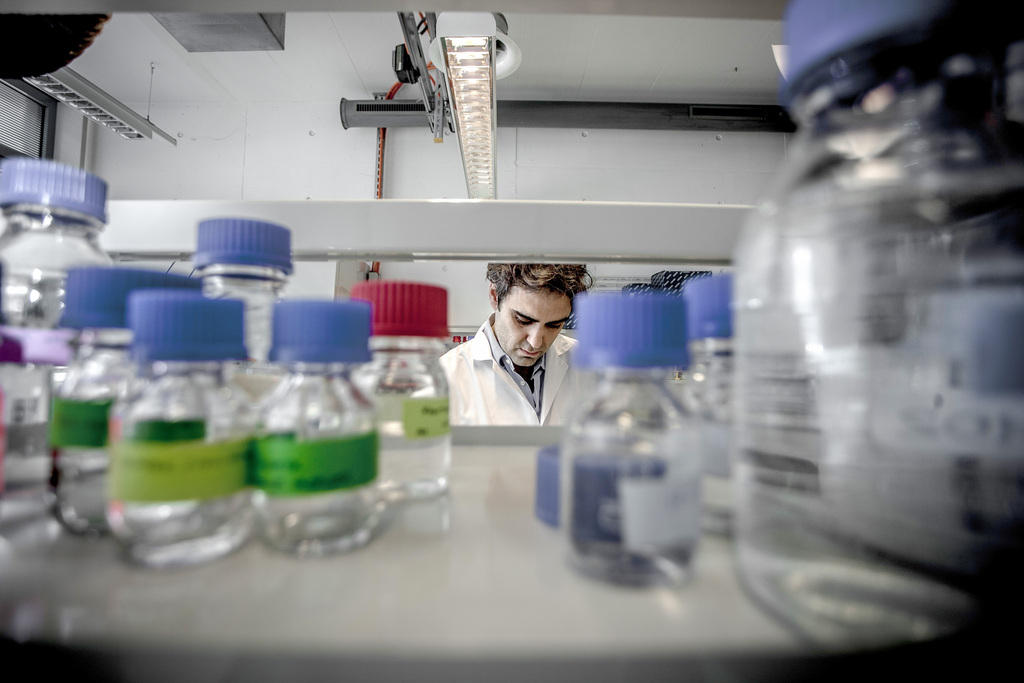
More
High pharma margins squeeze health systems

In compliance with the JTI standards
More: SWI swissinfo.ch certified by the Journalism Trust Initiative












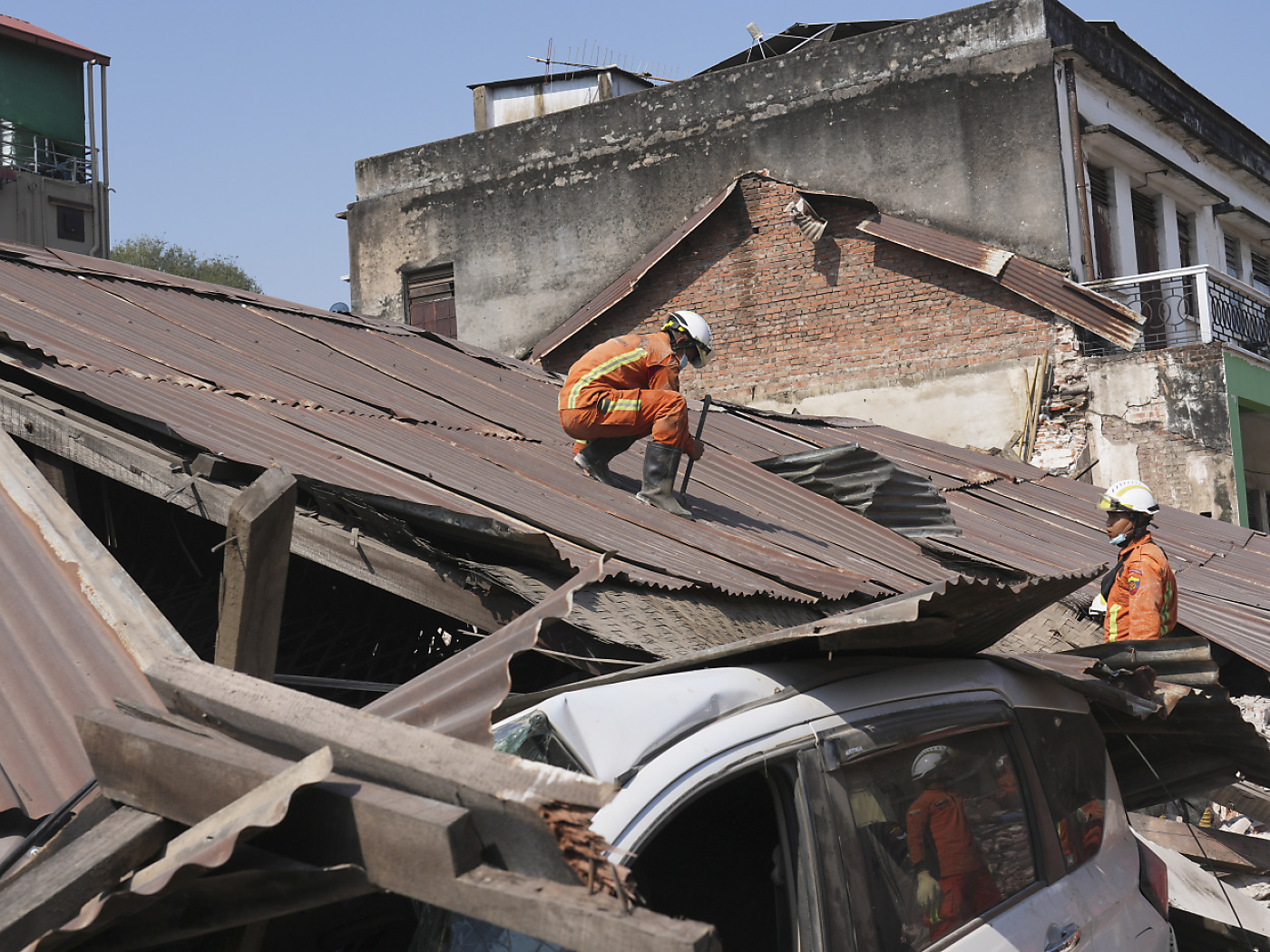



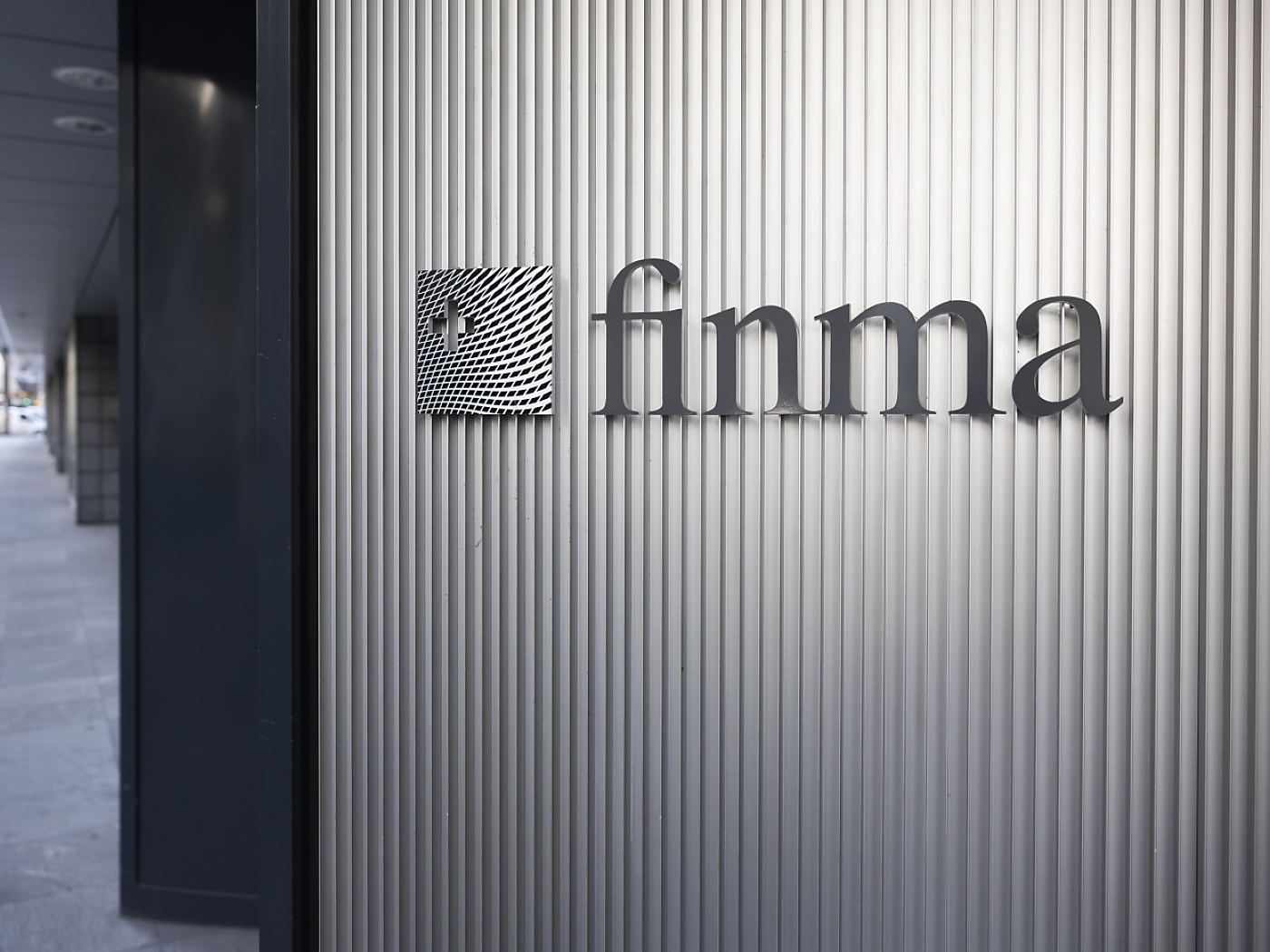


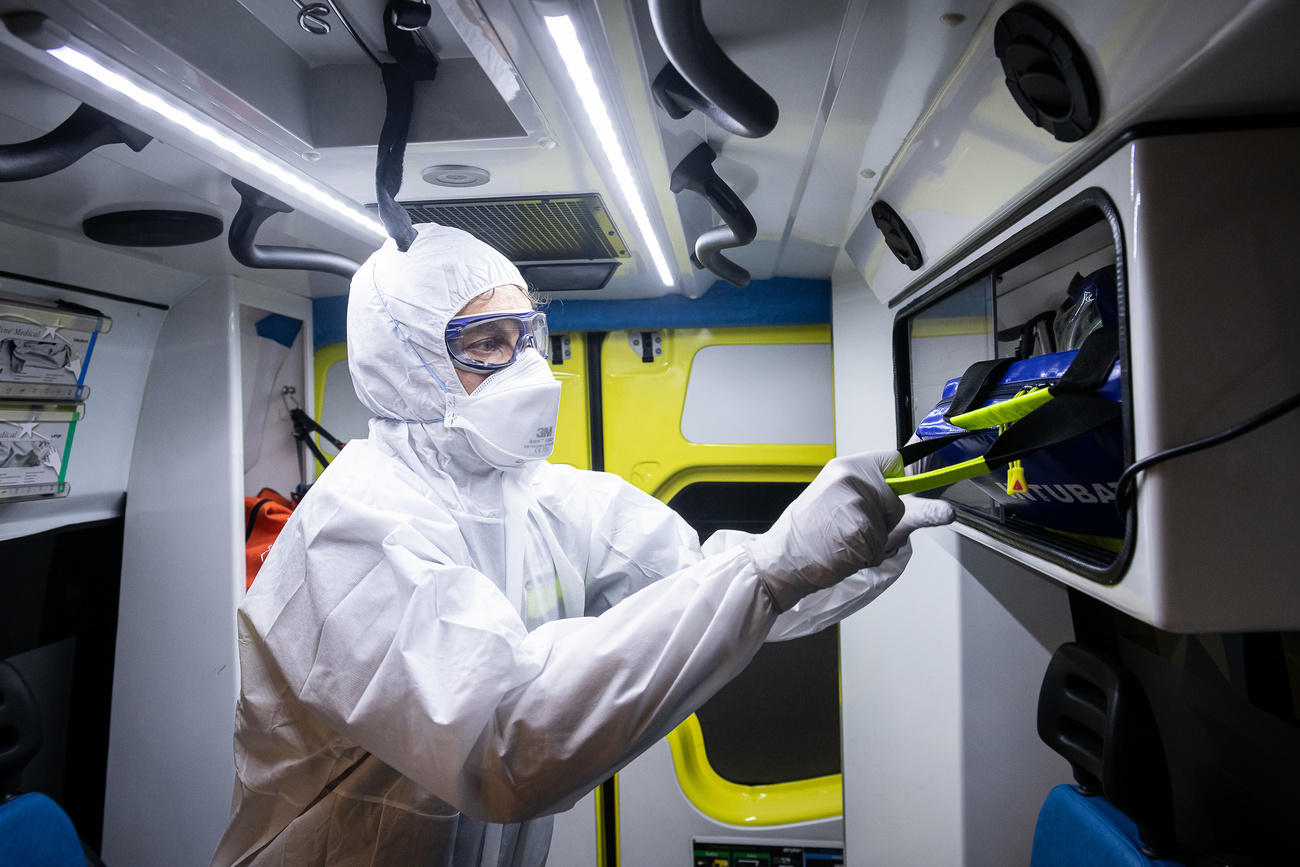


You can find an overview of ongoing debates with our journalists here . Please join us!
If you want to start a conversation about a topic raised in this article or want to report factual errors, email us at english@swissinfo.ch.